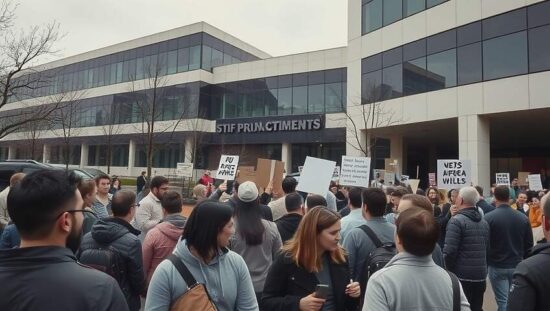The decision by the Association of Family Businesses (Familienunternehmerverband) to entertain discussions with the Alternative for Germany (AfD) has ignited a firestorm of criticism, raising concerns about the normalization of a party widely considered to pose a significant threat to Germany’s economic stability and international standing.
Gitta Connemann, Chairwoman of the Mittelstands- und Wirtschaftsunion (MIT), vehemently condemned the move in an interview with “Handelsblatt”, asserting that, “The AfD is not a partner for the Mittelstand [small and medium-sized businesses]”. She cautioned that the party’s platform and policies represent a “massive detriment” to the German economic landscape, particularly for businesses heavily reliant on exports. Connemann highlighted the potential for a nationalist economic agenda – a hallmark of the AfD’s proposal – to actively sabotage exports, disrupt crucial supply chains and decimate employment. Similarly, any deviation from European integration or an exit from the Eurozone would be profoundly damaging to German businesses.
Marcel Fratzscher, President of the German Institute for Economic Research (DIW), echoed these anxieties, warning against treating the AfD as a conventional political entity. He argued that doing so risks “considerable damage to the German economy, both domestically and abroad”. Fratzscher stressed that business associations and companies should avoid focusing solely on short-term economic gains, instead emphasizing the necessity of adopting and publicly communicating “clear political and social positions.
Martin Herrenknecht, a prominent entrepreneur in the tunneling construction sector, also expressed serious reservations. Herrenknecht cautioned against any perceived softening of the political boundary with the AfD, deeming it a “wrong signal”. He urged a measured approach and careful evaluation of acceptable dialogue formats. Furthermore, Herrenknecht directed criticism towards the current German government’s policies. He specifically cited the ongoing debate surrounding pension reform as a prime example of how political uncertainty can create fertile ground for radical political forces. He stated that Chancellor Friedrich Merz is under considerable pressure and the governing coalition appears lacking in innovative ideas and struggling with stability.





